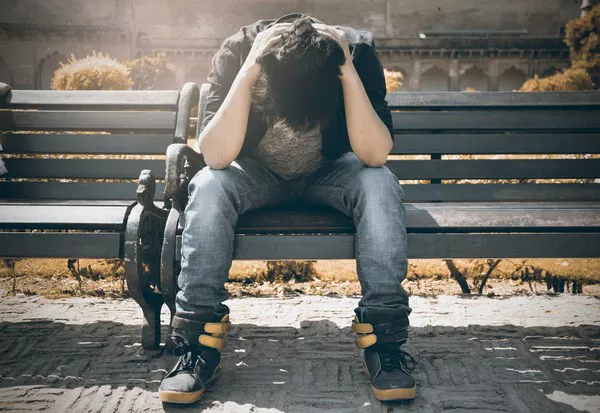Children and teenagers today face a myriad of challenges, ranging from academic pressures and social media influence to family stress, political unrest, and the looming threat of climate change. Mental health issues, such as anxiety and depression, have always been present among the youth, but recent trends indicate a growing concern.
Various factors contribute to this rise, including homelessness, food insecurity, poverty, and the significant impact of the recent global pandemic. Increased internet use is also linked to internalizing unrealistic expectations and experiencing cyberbullying, posing additional risks to mental well-being.
These challenges not only affect the day-to-day well-being of young individuals but also raise concerns about self-harm and suicide. Many adolescents may become socially and academically withdrawn, leading to potential long-term consequences.
Mental health problems among children and teens encompass various disorders, such as anxiety, mood disorders, eating disorders, and psychotic disorders like schizophrenia and bipolar disorder. Recognizing the signs and symptoms is crucial, as young people might not always seek help due to lack of awareness, stigma, or embarrassment.
Common indicators include reduced energy, loss of interest in once-favorite activities, sleep or eating problems, fixation on food, calories, or exercise, substance use, anger issues, isolation, withdrawal, self-harm, and abrupt changes in academic performance or behavior.
Certain children are inherently more susceptible to mental health disorders due to genetics and environmental factors. Those who have experienced trauma or lack safety in their surroundings are particularly vulnerable, emphasizing the need for proper support and professional intervention.
Access to mental health services remains a significant obstacle for many young people, with counseling and medication often out of reach. While telehealth and online resources have increased healthcare accessibility, socio-economic disparities can limit the effectiveness of these solutions.
Prevention and early intervention play a crucial role in addressing mental health issues among children. Research is essential to comprehending the extent of the crisis, but urgent action is required to ensure children have access to mental healthcare when needed.
Advocacy and awareness campaigns are vital for building a healthier generation. Adults must be educated on recognizing signs of distress and seeking help, while children need to understand they are not alone, and seeking assistance is acceptable.
Comprehending the gravity of the crisis is the initial step. The subsequent actions should focus on finding solutions to prevent children from reaching a point where self-harm becomes a consideration, enabling them to lead healthy and fulfilling lives.































